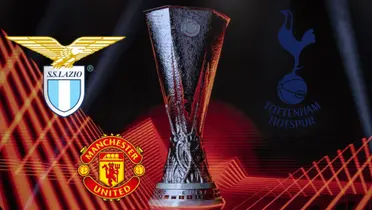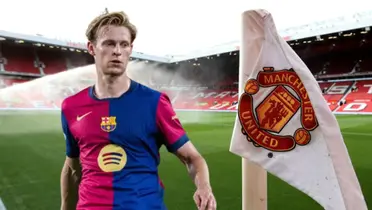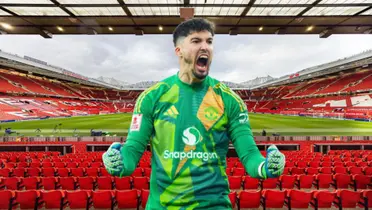The real reason why The Glazers might be compelled to sell Manchester United
The Glazers Family could be forced to sell Manchester United
By Angus Barnes
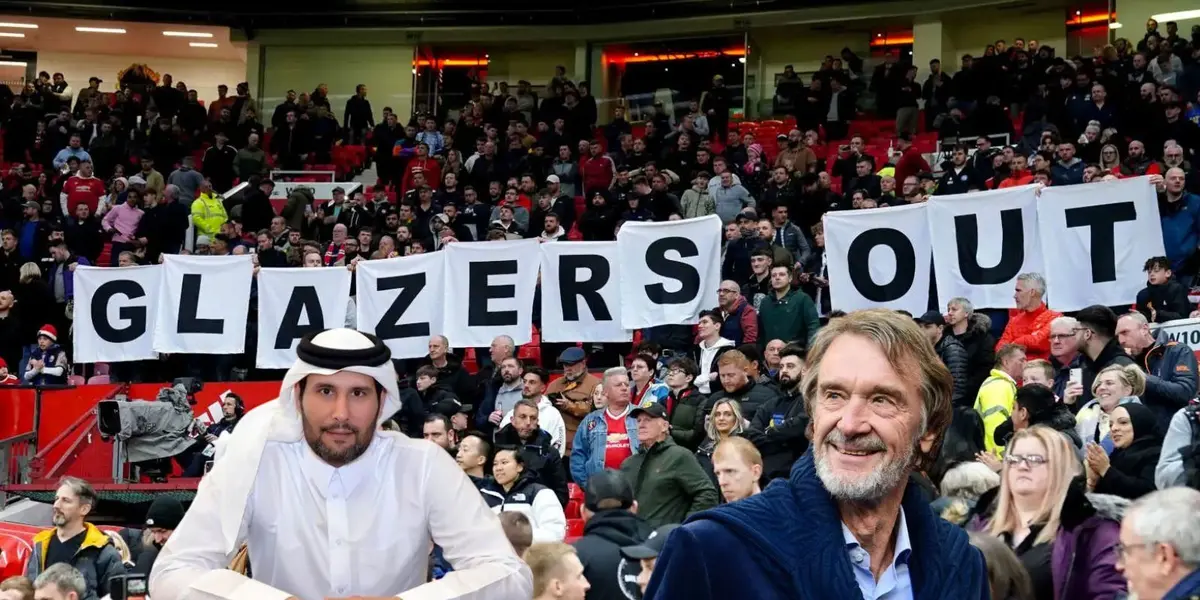
Manchester United has not yet decided whether The Glazers will own the team in the coming years. Since the beginning of this year, United's situation seemed more complicated than previously thought. As the months went by, things became a little clearer but without a fixed answer. Despite constant complaints from fans about the current owners of the club, the situation has not improved.
The series of unfortunate events, in addition to the administrative, also includes the sporting. For this reason, United are currently going through a very unfavourable situation. Erik ten Hag's team has not been able to shine in this Premier League and has shown it in their last few games. Despite spending just over £190m, the signings have not yielded the expected results.
Clearly, there are exceptions in this situation, such as Rasmus Hojlund, who has been able to adapt correctly. Nevertheless, there are other cases such as Mason Mount that simply have not entirely favored his stay in Carrington. Similarly, the English midfielder suffered an injury that kept him away from the pitch for a couple of weeks.
Returning to the subject of The Glazers, according to national and international media, Sir Jim Ratcliffe would have been chosen by The Glazer Family to buy only 25% of Manchester United. This, in turn, provoked the anger of fans, arguing that the INEOS CEO was favoring the interests of the current owners. However, the team's situation is more difficult than expected.
United's current situation
According to Dan Sheldon Sports, United's finances are very bad. Here's the data Sheldon provided via The United Stand:
Quoted by The United Stand
Mufc's annual financial accounts show that they owe over $1 billion, between the debt of $650 million, the borrowing of £160 million on the revolving credit and £317.8 million in transfer arrears.
More news
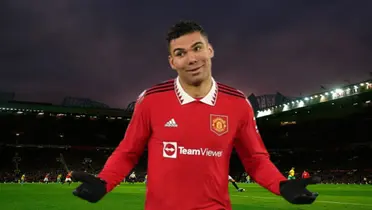
The Numbers Don't Lie: Casemiro's Dominance Returns
31/03/2025

United's Dream Pairing: The Duo Fans Are Eager to See
31/03/2025
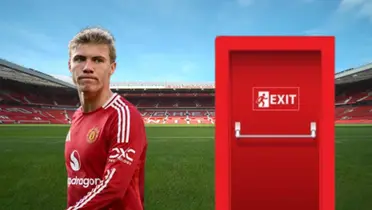
Hojlund's Fate: Will He Stay or Leave Man United?
31/03/2025
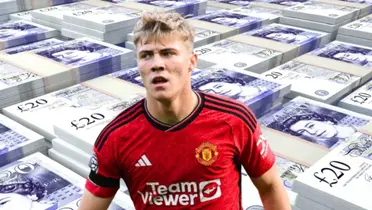
Højlund's Plummeting Value: A Cause for Concern at Man United
31/03/2025
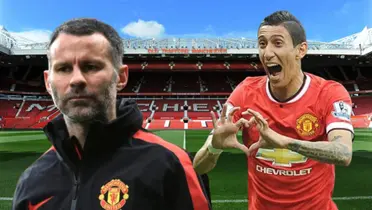
Giggs' Misjudgement: Depay's Free-Kick Hopes Fall Flat
31/03/2025
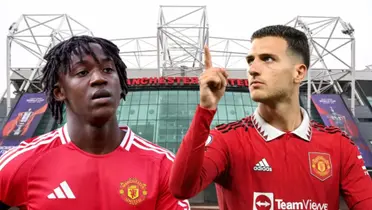
Man United's Summer Clearout: Players on the Chopping Block
31/03/2025
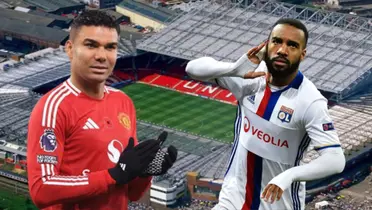
Financial Divide: Man United's Value Dwarfs Olympique Lyon's Squad Cost
30/03/2025
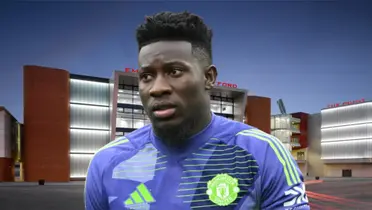
Onana Exit Rumors Swirl: How the Goalkeeper Is Responding
30/03/2025
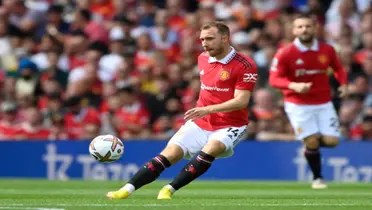
Eriksen breaks the silence about the rumors of not renewing
30/03/2025
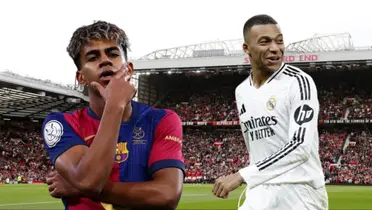
World-Class Player Available: Romano Reveals Transfer Bombshell
30/03/2025

Ugarte's Premier League Insight: Key Differences From Ligue 1 Revealed
30/03/2025

Garnacho Outshines Salah and Haaland: A Stunning Statistical Triumph
29/03/2025
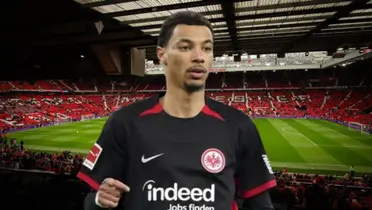
Ekitike's Staggering Stats: Why Man United Are Keen
29/03/2025
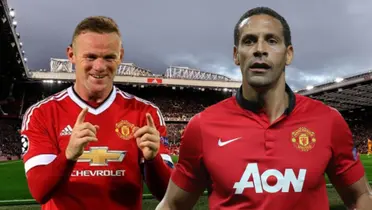
Beyond Legends: The United Player Who Rewrote Investment History
29/03/2025
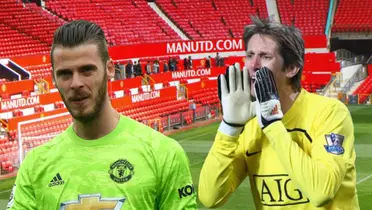
Manchester's Goalkeeping Giants: Who Reigns Supreme?
29/03/2025
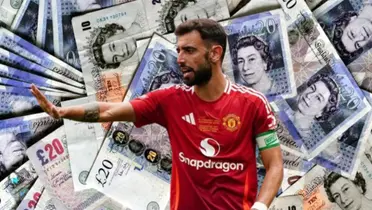
Fernandes' Fortune: Unveiling the Price Tag of United's Captain
29/03/2025
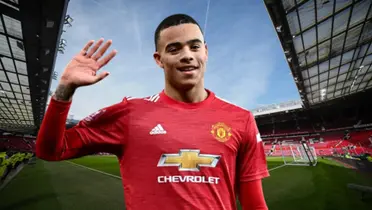
The Manchester United jewel that was rumoured for Barcelona ended up in an exotic league
29/03/2025

Father's Faith Pays Off: 100 Pound Bet on Son's United Debut
29/03/2025
